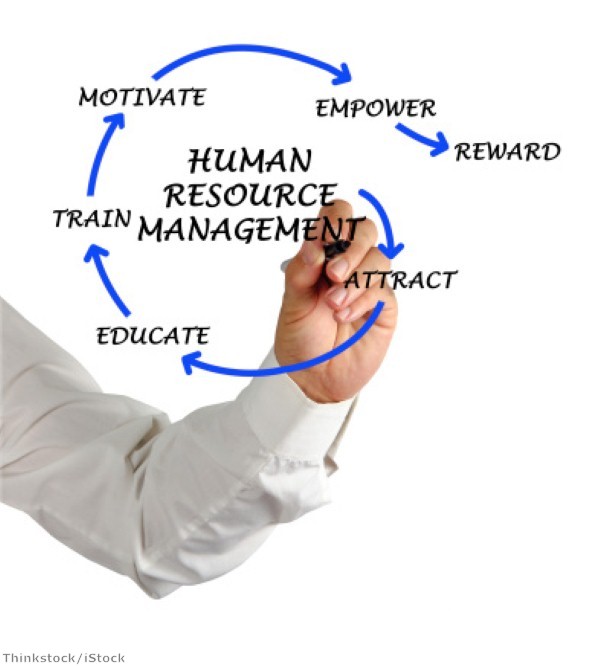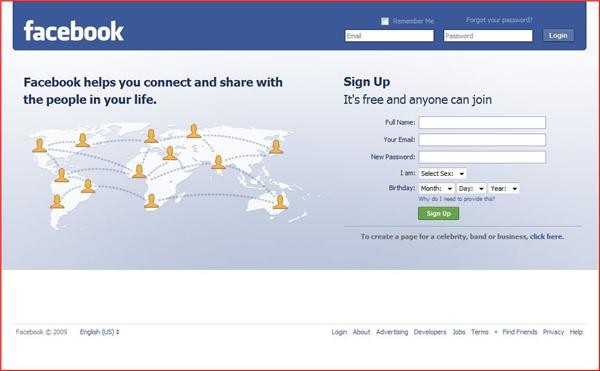Organisations will have to do more to reduce costs and retain and engage their workforces in 2014.
According to Josh Bersin of Deloitte, passion, engagement, development and innovation are key to a successful HR strategy in the year ahead.
Deloitte's Predictions for 2014 report describes a world that will be shaped by the globalisation of competition and technological advances that will force companies to improve their brands.
Talent will be increasingly important and high-performing employees will become more influential. HR organisations must become more talent-focussed to attract and retain the best employees, making use of new analytics tools.
Key skills in the energy and life sciences sector, as well as other sectors of the economy, will be in short supply. Creating networks that attract people around the world will help organisations to win the global race.
Promoting continuous learning through partnerships with universities and apprenticeship schemes will enable organisations to attract and consolidate talent.
The systems of evaluation companies use will change, according to the report. They will increasingly be focussed on coaching, development, continuous goal alignment and recognition.
Increasingly, talent mobility and career development need to be taken seriously. Talent mobility is here to stay and organisations should put in place a strategy to open up access to internal positions, employee assessment tools and leadership values that focus on internal development.
Big data and talent networks are changing HR, meaning organisations will need to recruit more aggressively and intelligently. It will also be necessary to expand the use of analytics, big data and social networking.
Organisations must not be overwhelmed by the explosion in new technology such as the increased use of Twitter and MobileApps. Technology should be understood and simplified so that employees find it easy to use.
Bersin identifies high-impact HR as a key emerging trend for 2014. HR professionals will become highly trained specialists operating in "networks of expertise" and he commented: "In 2014 organisations should focus on innovation, new ideas and leveraging technology to drive value in HR. This demands an integrated team, a focus on skills and capabilities within HR and strong HR leadership."










